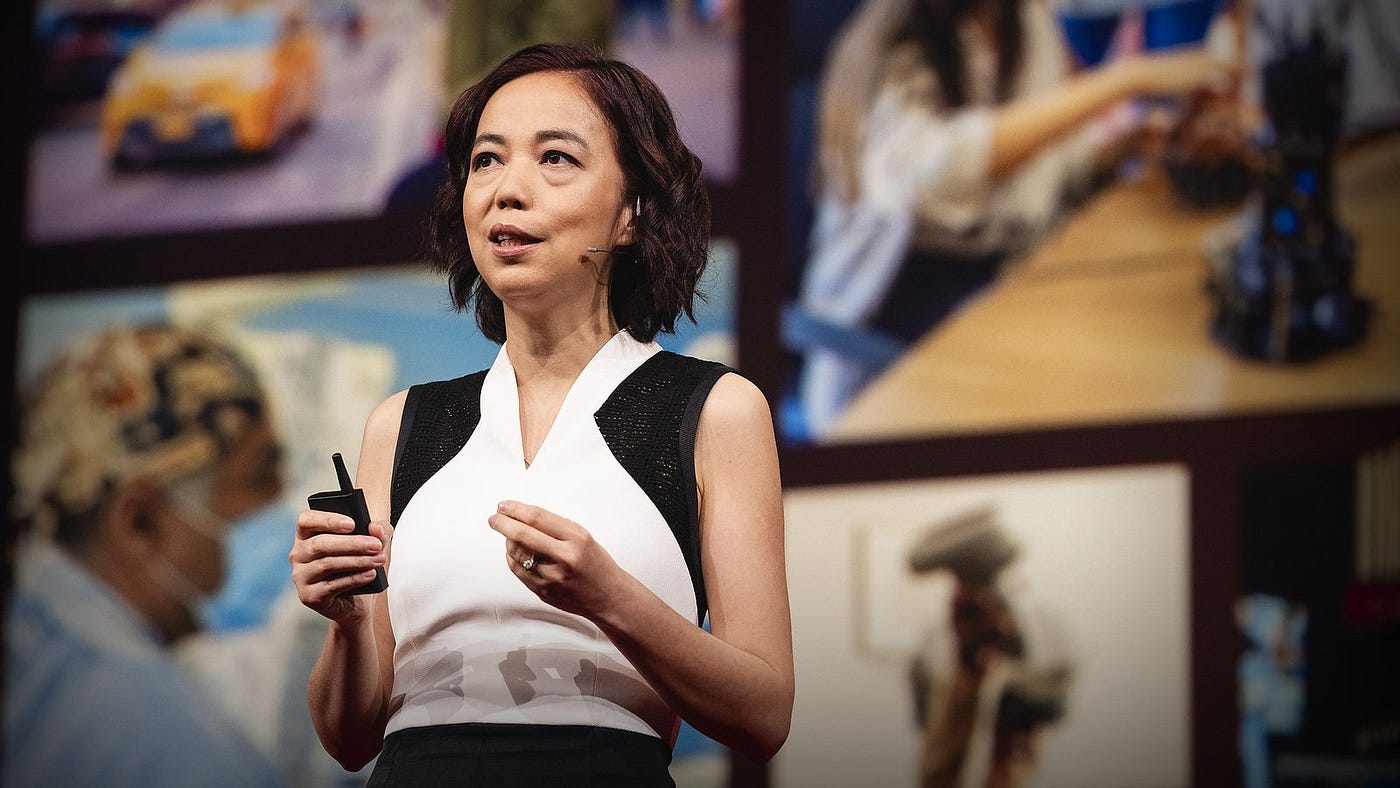AI Pioneer Fei-Fei Li Raises $230 Million to Launch Cutting-Edge AI Startup
~ By Sujeet Rawat
Sep 15 2024, 06:05 PM

Fei-Fei Li, renowned as the "Godmother of AI" for her groundbreaking work in artificial intelligence, has raised $230 million to launch her newest venture, World Labs. This startup, based in San Francisco and staffed by a team of 20 employees, is set to focus on developing a new class of AI models, referred to as "Large World Models" (LWMs). These models will aim to enhance AI's understanding of the three-dimensional physical world, a challenge that Li believes is crucial for unlocking broader reasoning capabilities in future AI systems.
The initial funding round for World Labs was led by notable investors, including Andreessen Horowitz, New Enterprise Associates, and Radical Ventures, with additional backing from industry giants like AMD Ventures, Intel Capital, and Nvidia's NVentures. Despite the impressive funding round, World Labs has yet to disclose its valuation, reflecting the highly competitive and speculative nature of the AI startup landscape.
Li’s rise to prominence in the AI field began with her pioneering work on ImageNet, a large-scale image dataset that laid the foundation for modern computer vision systems. By enabling AI to reliably identify objects within images, ImageNet ushered in a new era of machine learning and has since become a key resource in the development of AI technologies. This achievement cemented her reputation in the field and led to her being named one of Time Magazine's 100 Most Influential People in AI in 2023.
In addition to her work at World Labs, Li holds a prominent position as a professor at Stanford University, where she leads the Human-Centered AI Institute. She has also served in various advisory roles, including a stint at Google Cloud, where she spearheaded AI initiatives, and on the board of directors at Twitter. Her influence extends to the highest levels of policy, with advisory roles that have reached the White House.
World Labs, however, represents a bold new chapter in her career. While many commercially available AI models today can generate text and images, Li’s team aims to take things a step further by developing AI with "spatial intelligence"—the ability to reason about how the 3D world works. This type of intelligence could have far-reaching implications, particularly for fields like robotics, augmented reality (AR), and virtual reality (VR). According to Li, current AI systems are limited in their understanding of the physical world. By developing models that can better interpret the spatial structure of the environment, World Labs hopes to eliminate the types of AI "hallucinations" that often result in errors, such as rendering hands with the wrong number of fingers.
Li believes that this enhanced understanding of both real and imagined worlds will play a pivotal role in the future of AI. While generative AI models like OpenAI’s ChatGPT rely heavily on transformer-based architectures to produce text and images, Li has suggested that these transformers may not be the ultimate solution for understanding 3D environments. She hints that World Labs’ models will likely incorporate additional innovations beyond the transformer framework, making them more sophisticated and capable of handling complex spatial reasoning tasks.
One of the key elements that will set World Labs apart is its approach to training these Large World Models. Li has emphasized that the company will utilize both synthetic and real-world data to teach its models how to navigate and interpret 3D spaces. This combination of data types will provide a richer learning environment for the models, allowing them to generalize better across a variety of applications.
This focus on spatial intelligence could open up new possibilities in industries that rely on accurate interpretations of physical environments. For example, in the world of augmented and virtual reality, AI with a strong grasp of 3D spaces could dramatically enhance user experiences by making interactions with virtual objects feel more natural and intuitive. Similarly, in robotics, spatially aware AI could improve the performance of machines in tasks that require precise manipulation of physical objects, such as in manufacturing or medical procedures.
Joining Li in this endeavour are her co-founders Justin Johnson, Christoph Lassner, and Ben Mildenhall, all of whom are prominent researchers in the field of computer vision. Together, they bring a wealth of expertise that will likely drive innovation at World Labs. The company's mission to create AI systems that can truly understand and reason about the physical world represents an ambitious leap forward in the development of artificial intelligence.
As Li continues to split her time between her academic work at Stanford and her entrepreneurial efforts at World Labs, it’s clear that she remains deeply committed to advancing the capabilities of AI. This is not her first foray into entrepreneurship either. Early in her career, while still a student at Princeton University, she borrowed money to buy a dry-cleaning business for her parents, a venture that gave her firsthand experience in the world of business.
ALSO READ| Federal Reserve’s Upcoming Rate Cut: What to Expect in 2024
In contrast to those humble beginnings, her current venture in the AI world is backed by some of the most powerful players in the tech industry. With investors like Andreessen Horowitz and Nvidia throwing their weight behind World Labs, the startup is well-positioned to become a leader in the development of next-generation AI technologies. The success of this venture could have far-reaching implications, not only for the field of AI but for a wide range of industries that stand to benefit from more intelligent, spatially aware machines.
As the company moves forward, the world will be watching closely to see how its Large World Models evolve and how they shape the future of artificial intelligence.
Recent Posts
Trending Topics
Top Categories
QUICK LINKS
Copyright © 2024 Arthalogy.com. All rights reserved.
